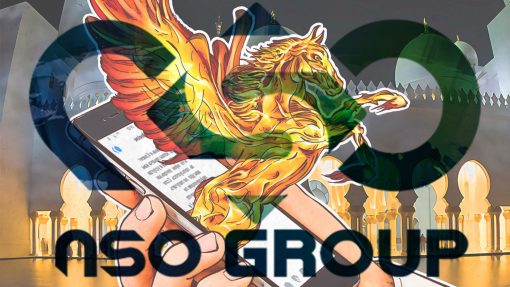
Pegasus, a spyware devised by the Israel-based NSO group, was used to target over 1,400 people across the world through WhatsApp. These include 100 civil society members, at least two dozen of whom are from India. The NSO group says that it sells the software to only state actors.
This was confirmed when WhatsApp, which is owned by Facebook, filed a lawsuit in a federal court in California in the US on October 29, alleging that the spyware had exploited a vulnerability in its video calling feature to target people, including several activists and journalists.
The lawsuit cites the research done by the Citizen Lab, a research group affiliated with the University of Toronto, that had published a detailed report in November last year, which described how Pegasus harvests data and performs surveillance. According to the report, the spyware, once installed using a specially crafted code, can give full access to the target’s personal files, such as chats, emails, and photos, to the customer.
According to US whistle-blower Edward Snowden, Pegasus was used to track Saudi journalist Jamal Khashoggi before he was killed last year inside the Saudi Embassy in Istanbul. According to Citizen Lab, NSO’s Pegasus has been used to target activists and journalists globally, including by countries such as Morocco, Saudi Arabia, Mexico and the UAE.
Following the news of the lawsuit, several Indian citizens, mostly activists and lawyers associated with the controversial Bhima Koregoan case, have come forward to report similar suspicious surveillance activity. Scroll.in reported that 14 individuals have confirmed that they were targeted by the spyware. Most of these activists were reportedly targeted around May 2019, when elections took place in India. One of them, Nihal Singh Rathore, a Nagpur-based human rights lawyer involved in the case, was contacted by Citizen Lab earlier this month and warned about the “specific digital risks” he faced. According to Rathore, he had already reported several suspicious missed calls he had been receiving for the past two years to WhatsApp.
Bhima Koregaon lies in the Indian State of Maharashtra, where Dalits (the formerly untouchable castes) organize an annual celebration commemorating the victory of a small contingent of the community over an upper-caste army in 1818. For the Dalits, the victory is a symbol of the fight against caste-based oppression in India.
In June 2018, the far-right Bharatiya Janata Party (BJP) government in Maharashtra alleged that nine activists were involved in the violence that broke out in January that year shortly after the celebration. This is despite the fact that many of the activists were not even involved in the celebrations and the violence that took place was largely the handiwork of far-right wing elements. The activists were subsequently arrested and charged under draconian acts, such as Unlawful Activities (Prevention) Act. The arrested persons include Rathore’s mentor, Surendra Gadling.
The government has tried to prove “terrorist links” of these individuals, and it appears that the Pegasus spyware was used to gather information to buttress the government’s case. The NSO group claims that it sells the Pegasus software to only government agencies.
Other who were targeted include Chhattisgarh-based activists Bela Bhatia and Degree Prasad Chauhan. The activists work among the tribal and Dalit communities in the state.
The Indian government on Thursday claimed that it had asked WhatsApp for a clarification on the misuse of the platform.
A lawsuit has already been filed in Israel to suspend the export license of the NSO group, given the misuse of its Pegasus spyware by government agencies that are trying to incriminate activists and journalists critical of the human rights violations by state agencies.




